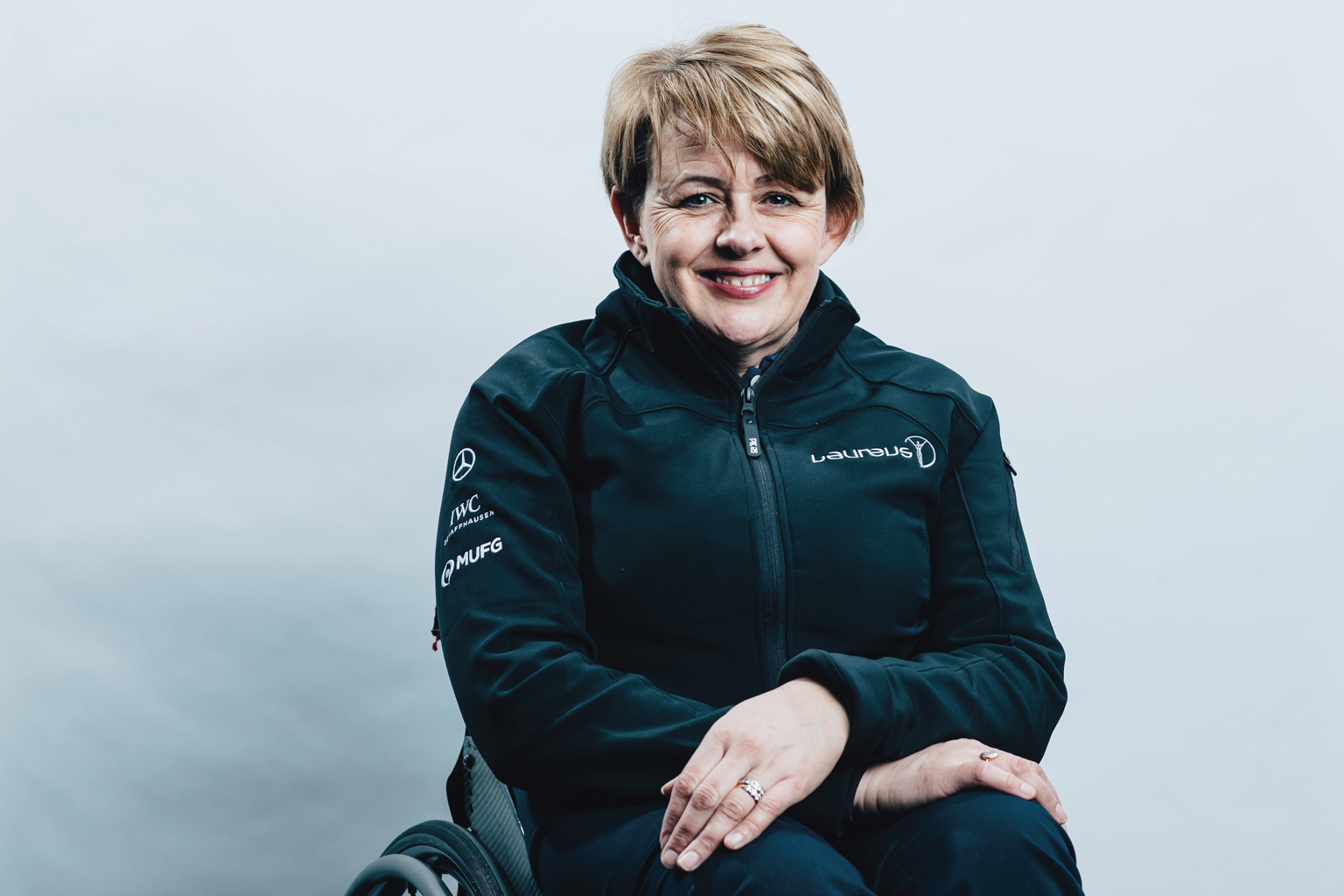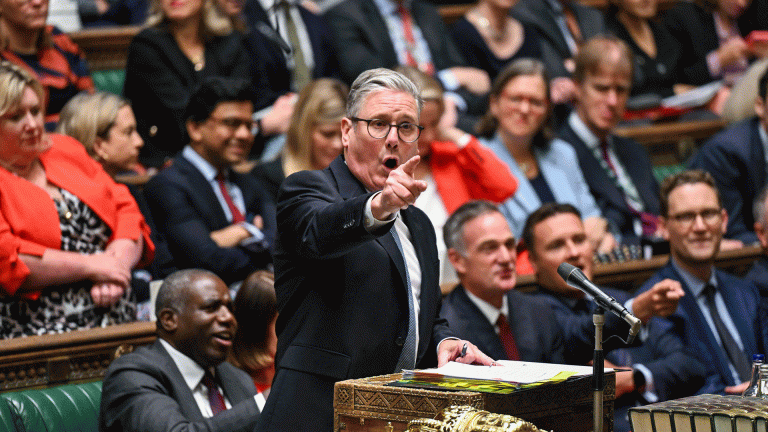At 16, I was a huge Eurythmics fan – in my head I can sing like Annie Lennox. I listened to quite a bit of the music of the time but sport took over everything. I wanted to play basketball but I couldn’t throw, catch or shoot. I was eternally optimistic that those things would just come to me, but I would tell my younger self to quit the basketball and focus on the wheelchair racing.
I had a tough time getting into mainstream school because I was disabled. My parents threatened to sue the Secretary of State for Wales to get me in. I realised from the age of 11 that if I hadn’t had parents who knew how to fight the system, who knew what legislation existed, who knew how to write the right letters, my life would have been so different. And I remember feeling quite sad about that. We saw the files when my dad died, and he wrote some cracking letters. He knew the right words to use and who to send them to. My parents were keen for my sister and I to have a go at stuff, and if it didn’t work out, try something else. That parachute was really important – it took away any fear of failure.
I was told to lower my ambitions. When I was 16 and told a careers advisor I was planning to do A-levels and go to university, he said in this really patronising way, “I can get you on a secretarial course, they’ll teach you to answer phones.” I think I said, “Well don’t you just pick up the handset and say, hello, how can I help you?” I got used to people not looking at me as an individual or looking at my skills.
My younger self had a quiet determination to keep going that I admire. I experienced a lot of disability discrimination, so it would be nice to be able to tell her that you can keep going through that. At 16 it can be quite hard to articulate it and deal with. People saying, “you can’t do that” to a disabled person can spur you on but it’s not easy for everyone to think that. I was really stubborn. But you kind of need that to get through. I am less stubborn now, I think, but maybe ask my husband. He might give a different answer.
I would tell my younger self that the man who buys you a carbon fibre front wheel for your racing chair is the man for you. He’s a keeper! One of his latest presents was a bag of titanium bolts, which is not quite so impressive, but you need to find someone who lets you be yourself within a relationship. My husband has been amazing. He changed his career for me, to allow me to be involved with politics and was a huge supporter of my racing career as well as being a great dad. At school, there was a lot of pressure to have a boyfriend. I would tell my younger self, don’t panic about stuff like that. The idea that you could only be happy if you had a boyfriend is rubbish. Don’t define yourself by the relationship you are in.
I wasn’t great at wheelchair racing for the first five years. So when people talk about overnight success, it’s because you work really hard. You might be discovered overnight, but you haven’t suddenly become brilliant. When I talk to young people, I always say that even if you’re good at stuff you’ve got to work at it. Sport taught me that. The big change for me happened at 16. I’d been doing OK at wheelchair racing and then in my last year as a junior athlete I won the Welsh national championships.










